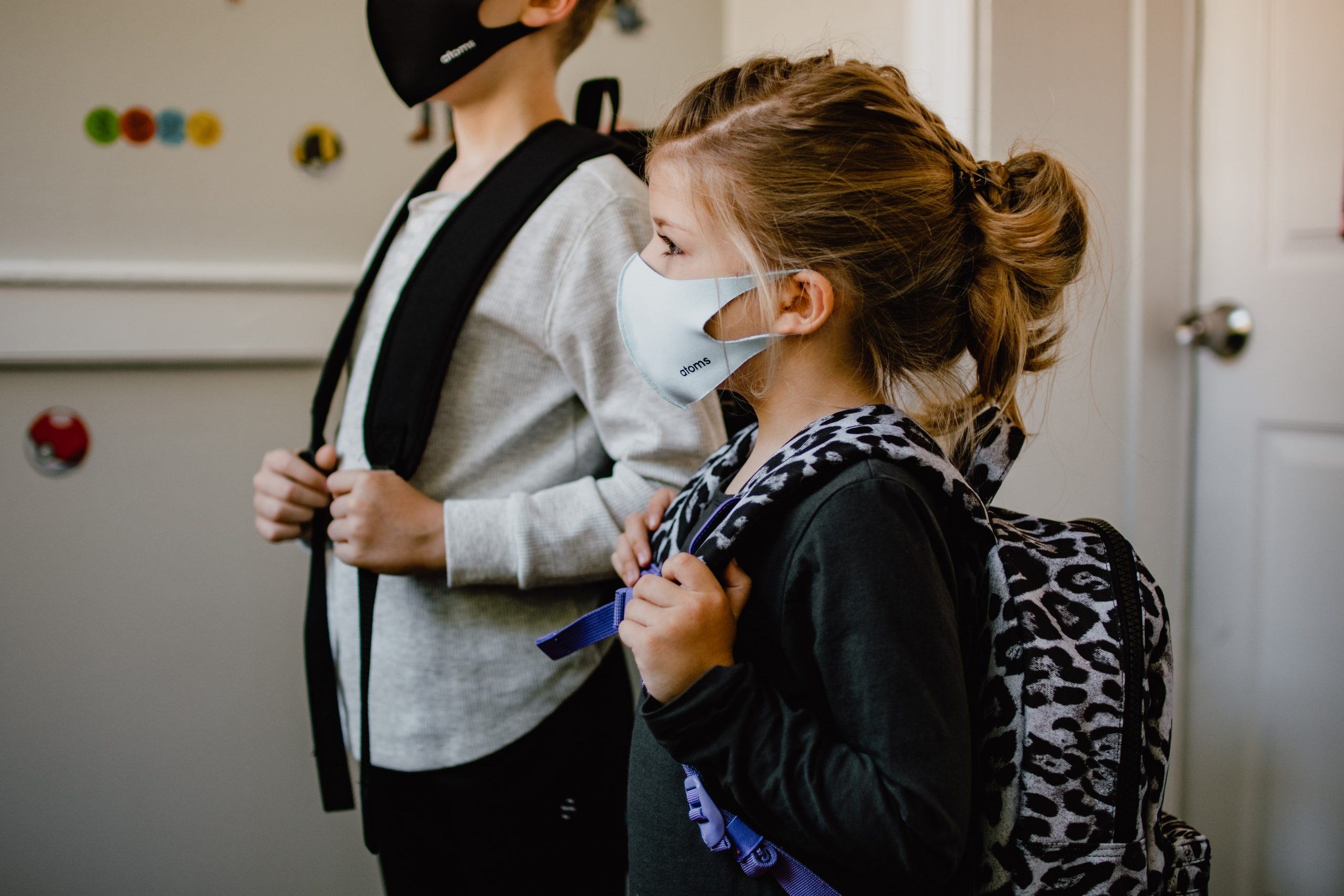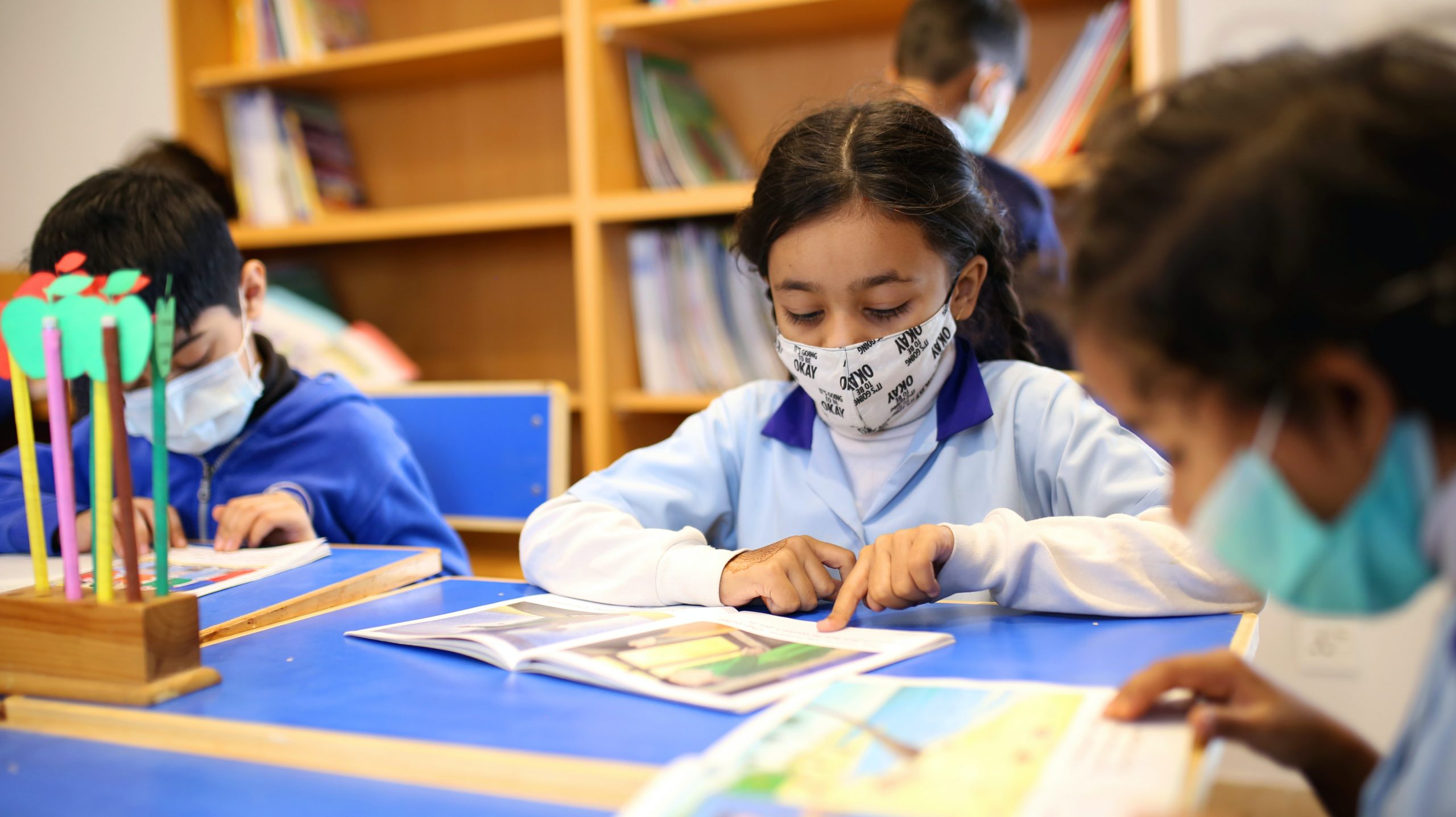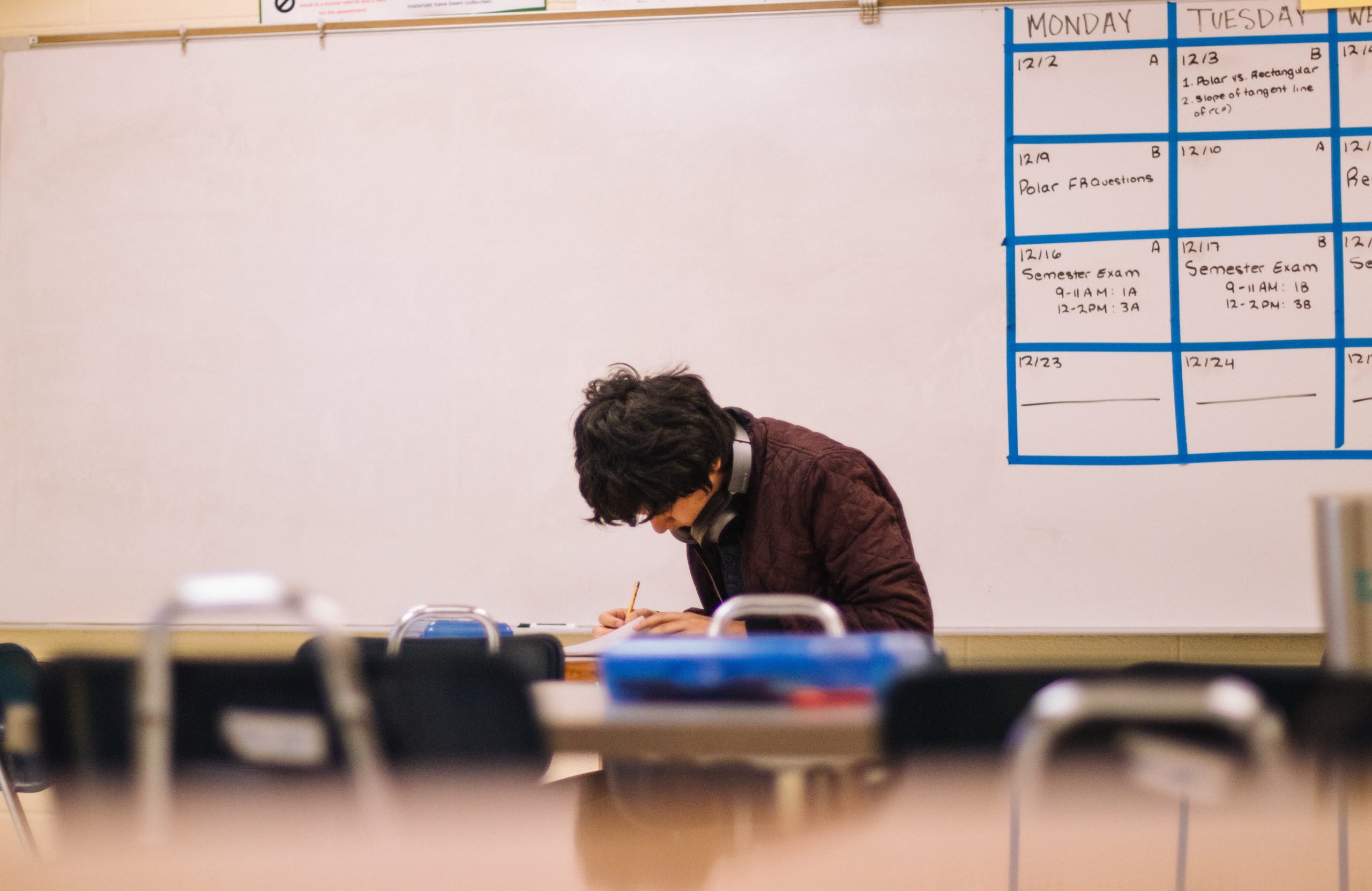Everyone’s relationship with school is different. Some may be ecstatic to return to school, while others may have a rocky start. Many schools have shifted to online learning instead of the conventional face-to-face environment as a result of COVID-19.
This, in itself, was difficult for some to grasp in terms of communication and comfortability. Now that schools are allowing children back into their buildings, students, teachers, and parents must all begin to adjust to yet another shift in settings. This may cause some anxiety among several people, which is inevitable, but readily manageable.

Reasons Some Might Be Anxious
COVID-19 Anxiety
Due to the overwhelming shift in environments, some children may be more intimidated by school than normal. Going back to school might be difficult or even frightening for kids who have been out of regular in-person settings for months. They may be unsure of what school will be like today and whether or not they will be able to manage it.
They may also be concerned about things like wearing masks, not being vaccinated, adhering to social distancing measures and reuniting with old friends after such a lengthy absence.
Making Friends and Foes
Some kids might have difficulties with their appearance. Whether it’s attributed to hormonal changes, weight gain, or a desire to keep up with the latest trends. Some students may find it difficult to return to school because they do not want others to see them in an ‘undesirable’ state.
Some children may be afraid of confronting bullies or friends with whom they have fallen out with, and so choose to dodge the issue entirely. This is also true for students who are allocated to difficult teachers or put in classes they do not wish to be in.
Work Environment
A lot of people tend to overlook the fact that some children may experience anxiety even when doing the most routine tasks at school. When it comes to learning, some children may have a condition known as ‘selective mutism’, in which they have difficulty speaking in certain situations, such as in the presence of a teacher.
There are also children who refuse to turn in homework or engage in school activities because they believe their work is unsatisfactory. Some believe that perfectionism is a desirable goal, but when kids are too self-critical, it may undermine even their best efforts, such as schoolwork.

Noticing a Child’s Anxiety
While anxiety is common among children returning to school after a lengthy stay at home, it is not something that should be downplayed. Here are some signs of anxiety to keep an eye out for:
- Appear more clingy than normal
- Be restless and fidgety
- Complain of stomach-aches
- Display changes in eating and sleeping habits
- Express negative thoughts or worries
- Get upset or angry more quickly
- Have bouts of unexplained crying
- Inattention in class
- Disruptive behaviour
- Trouble answering questions
- Frequent trips to the nurse
- Difficulty in certain subjects
- Not turning in homework
- Avoiding group work/socialising

How to Ease Their Stress
Regular Habits.
Anxiety will only be exacerbated by fatigue and hunger. Children who are anxious frequently forget to eat (or do not feel hungry) and do not get enough sleep.
You can create a more predictable and healthier lifestyle for your child by offering frequent and nutritious snacks and implementing regular routines, which can involve morning, bedtime and eating habits.
Encourage them to face their fears.
Ask your child about the cause of his or her anxiety. Tell them that having concerns is natural. Set up a regular time and a place to speak before and during the first few weeks of school. Some children want to be in a private place where you can give them your full attention (such as right before bed, or during mealtime).
Problem-solving.
To alleviate their anxiety, children frequently want confirmation that unfortunate events will not occur. Don’t reassure them by saying things like “Don’t worry!” or “It’ll all be alright!” Instead, encourage your child to come up with creative solutions to his or her problems.
“What could you do if (the worst) happens?”, for example, or “Let’s brainstorm some options for dealing with that problem.” This allows you to teach your child how to respond to (and understand) both actual and imagined stressful circumstances. You’ll also be equipping your child with the necessary skills to deal with any unexpected situations that may arise.
Pay attention to your own behaviour.
It might be stressful for parents to trust their child’s care and duty to teachers. Children pick up on their parents’ confidence and comfort levels, therefore the more confidence and comfort you can exhibit, the more your child will realise there is no reason to be scared.
Be encouraging while remaining firm. For example, when saying goodbye in the morning, remain joyful and say it only once. Allowing your child to miss school when they don’t feel like going in is also not a good idea. Instead, try to explain the reality of the situation in a calm fashion and discuss their concerns with them.

